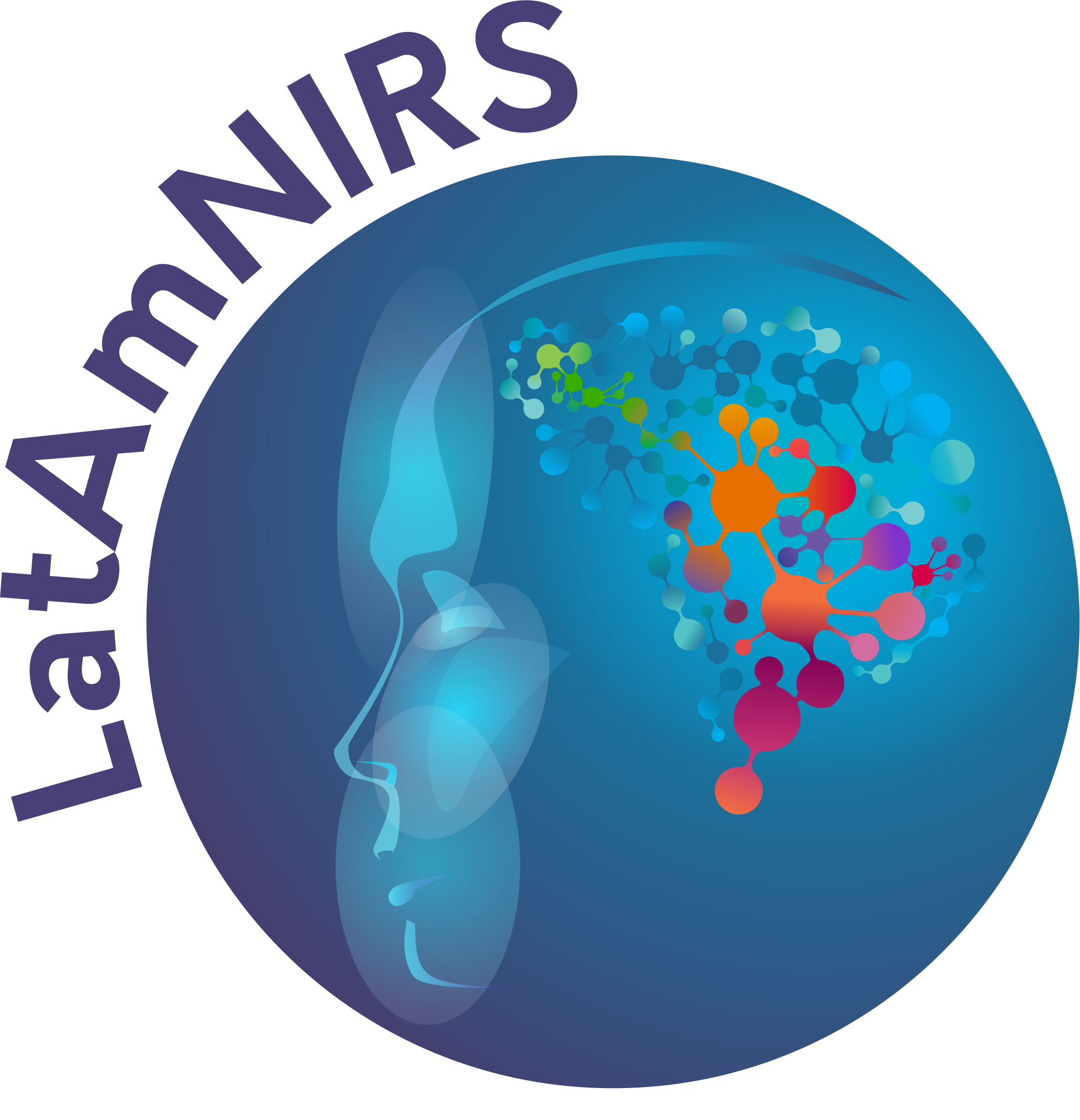Blood flow
Definition: Blood flow refers to the amount of blood that flows through vessels (e.g. arteries, capillaries, veins). It is a rate measured in ml/100g/min. Blood flow is determined by the difference between mean arterial and central venous pressure and depends on the total peripheral resistance: Blood Flow=MeanArterialPressure-CentralVenousPressureTotalPeripheralResistance
Blood flow can be increased by increasing the volume (increase in vessel diameter) and/or the velocity. Blood flow can also be regulated peripherally by altering the arterial resistance. Blood flow thus depends on the particular vessel where it is measured (e.g. it is larger in arteries compared to capillaries, or veins).
Alternative definition:
Synonym:
References: P. Morris, D. Warriner, and A. Morton. Eureka: Cardiovascular Medicine. Eureka (London, England). JP Medical, 2015.https://doi.org/10.3389/fphys.2021.747759
Related terms: Blood volume, Blood pressure, Metabolism, Scalp blood flow, hemodynamic response, Blood supply, Perfusion
